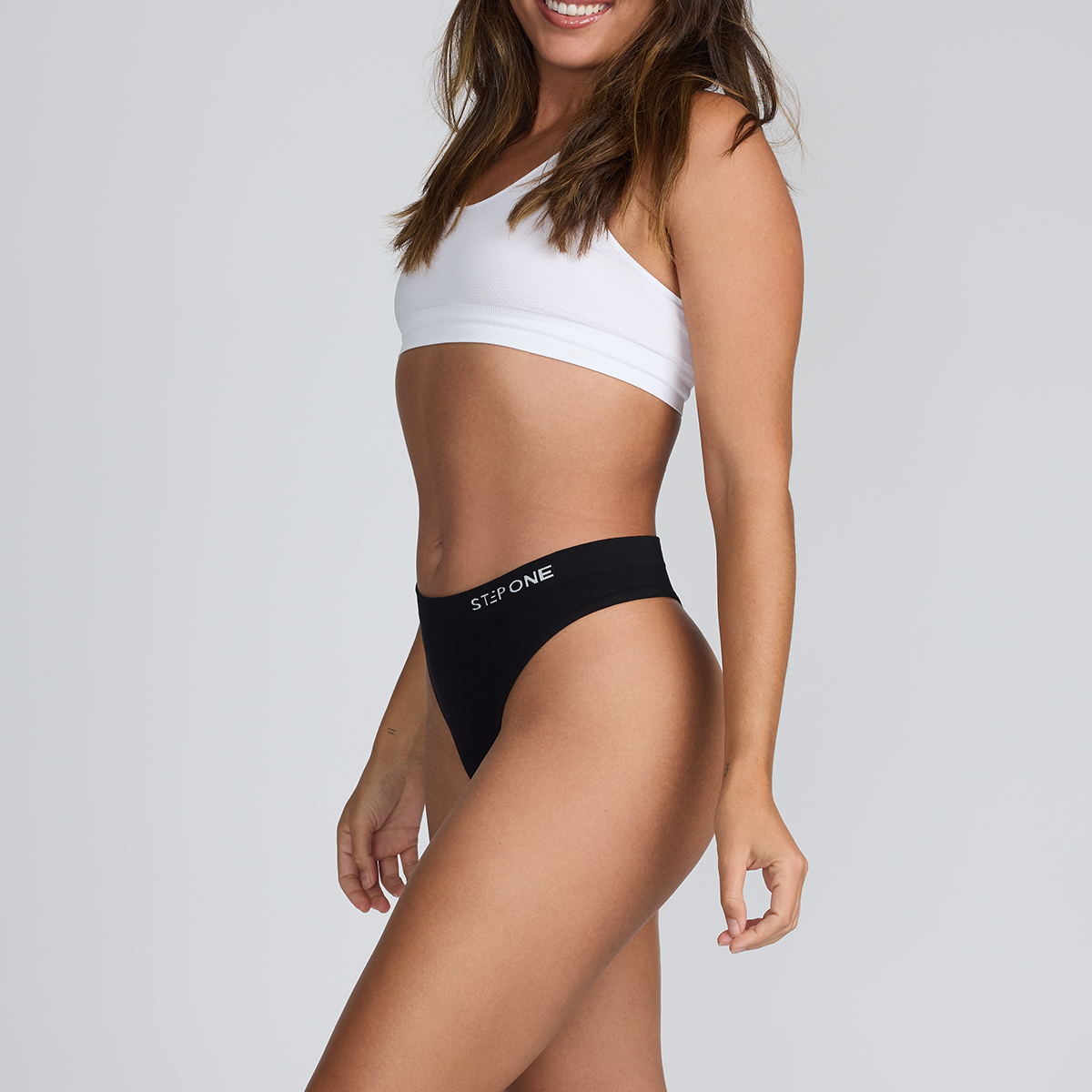Unless you’ve been living under a rock for the last decade — if so, welcome back — you’ve almost certainly heard of the ‘influencer’. The internet in particular is awash with these “influential individuals” and you likely can’t scroll for too long on your Instagram or TikTok feed without coming across one.
But what is an influencer exactly? Yes, you likely have a rough idea of what they are, but what specifically do influencers do, what are the different types of influencer, and why are brands increasingly relying on them for marketing purposes? Allow us to fill you in.
What is an influencer?
In simple terms, an influencer is someone who wields influence. More specifically though, it’s somebody deemed an expert in their field who therefore has the power to influence the purchasing decisions of others thanks to their authority, knowledge and position. People trust their opinions, meaning their endorsements hold sway.
Influencers often have large social media followings, and can generate huge traction using these platforms as a result. Because of this, they have become a highly valuable marketing tool, with brands regularly collaborating with influencers to help promote their own products or services.
Those with bigger followings charge top dollar for such endorsements, with some potentially making millions of pounds. It’s estimated that influencers charge anywhere between $10 (£8) to $10,000+ (£8,000+) per post overall, depending on the size of their audience, with the industry baseline believed to be $100 (£8) per 10,000 followers.Famous examples of influencers include the likes of Mrs Hinch (home cleaning), Addison Rae (beauty) and Simeon Panda (fitness). These individuals are known first and foremost as being influencers, but the line between celebrity and influencer is often blurred. This is because famous people regularly use their stature to dip their toe into the field of influencer marketing despite being best known for other endeavours.
What do influencers do?
When it comes to influencer marketing, influencers perform a number of different roles, including:
Promote a brand’s products or services
An influencer’s primary role during influencer marketing efforts is to promote a brand’s products and services. They can do this in many ways, from using products in a social media video to writing about a product or service in their blog.
Educate a brand on its market
Considering influencers have worked hard to establish their niche, they are generally experts in their chosen field and are therefore well versed in the needs and wants of their audience. As such, influencers can help brands better understand their customers, enabling them to target their audience more effectively.
Become a face of a brand
As influencers become more and more famous, some have become heavily associated with particular brands and products, just like celebrities are. For every Michael Jordan and Nike, there’s Charli D’Amelio and Dunkin’ Donuts, or Joe Wicks and Lululemon — okay, they’re not quite associated with these brands on the same level as Jordan is with Nike, but you get the point.
What types of influencers are there?
Not all influencers are the same, and the main types are:
Mega influencers
Often celebrities, those with over one million followers across their social media profiles are generally considered mega influencers. They may not always be completely knowledgeable about a particular niche, but can communicate with a huge audience. Mega influencers are usually relied on by large corporations as they’re typically very expensive to hire. Kylie Jenner, for example, is believed to charge $1.2 million (£960,000) per Instagram post, which is shared with her almost 400 million followers.
Macro influencers
Macro influencers tend to be more established in their chosen niche and generally have between 100,000 and half a million followers on their various platforms. These individuals can also engage with large audiences, though may not be able to do so individually because of how big their followings are. Macro influencers do offer a happy medium between mega and micro/nano influencers — more on them in a second — offering significant opportunities for engagement at a reasonable cost.
Micro and nano influencers
Those with around 10,000 to 100,000 followers are considered micro influencers, while influencers with under 10,000 are deemed nano influencers. These individuals are ideal for brands looking to gain traction in a particular niche, and are often used by smaller businesses considering their smaller fees. They can also help brands better engage with audiences on an individual level — for one, they are much more likely than mega and macro influencers to respond to any comments or DMs their followers might have about the product or service in question.
What are the benefits of influencer marketing?
Let’s look at the advantages of influencer marketing in more detail:
Builds trust and credibility
Research shows that, by using influencers people trust, brands can in turn enjoy improved trust themselves. This makes sense — most credible influencers only promote brands they truly believe in, so any endorsement from them is taken seriously by their audience.
Improves brand awareness
Particularly when it comes to mega and macro influencers, influencer marketing is a great way of improving brand awareness, something that has again been backed by research. By advertising a brand’s products or services to thousands — if not millions — of people, it’s easy to see why influencers can help more people find out about them.
Connects brands with their audience
As mentioned above, using micro influencers and nano influencers in particular can help connect people with a brand’s products and services. Because these influencers interact with their followers on a more intimate level than big brands in particular are typically able to, they can help a business’s audience learn more about the products or services being promoted.
All of this helps brands to increase their sales and potentially boost their reputation, and for typically less than other marketing methods. 60% of marketers agree that influencer marketing provides a better return on investment (ROI) than traditional advertising.
How can brands find influencers to work with?
With Pitch’s influencer marketing service, brands like yours can sit back and let us do the hard work, as we’ll take care of finding the best influencers for your business. Not only do we have an array of trustworthy and well-known influencers on our roster, but significant experience in matching brands with the right ones, both in terms of niche and level of following.
Check out some of our work here, and don’t hesitate to get in touch with us to find out more about our services or to make an enquiry.






